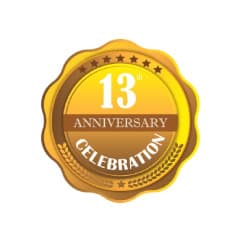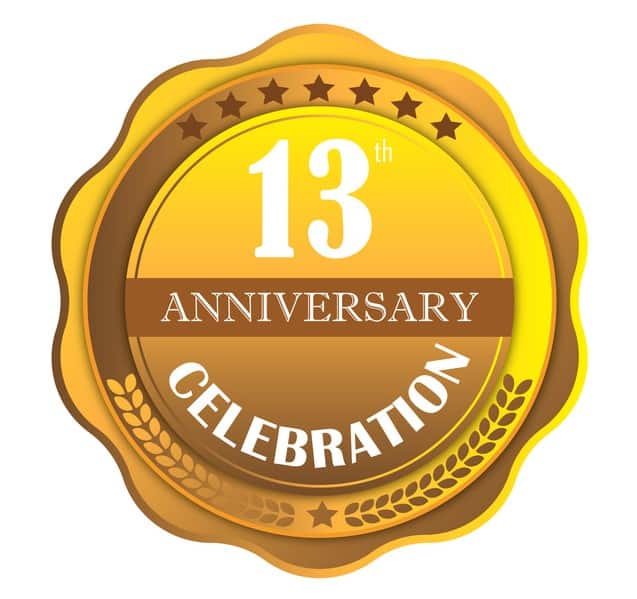I’m going to talk about hoarding disorder in this blog . . . over a number of posts, I want to break down hoarding behaviors, talk about why people hoard, discuss the impact of hoarding family and friends, and more.
In this first post, I want to give you an important truth to keep in mind about hoarding: It’s Not About the Stuff! It looks like it’s about the stuff because there’s so much stuff and it creates difficulty for individuals who hoard and their loved ones. But it’s not about the stuff . . .
. . . It’s about why the stuff exists. If we’re going to understand why a person hoards, we have to understand the role the hoard plays in their life. We need to understand this because the hoard is there for a reason – the reasons are many: security, information, protections, saving the environment, meaning-making, honoring family treasures. This is just a small list of reasons why people hoard, there are as many reasons for hoarding as there are people who hoard. You might be thinking that hoarding is actually doing the opposite of these reasons. It’s one of the challenges of hoarding disorder that the hoard is viewed differently depending on you talk to. The amount of stuff in a home may be viewed by the person who hoards as security and safety, and by their family members as what is making their loved one unsafe, even to the point of eviction, which is – of course – the opposite of security.
When we make hoarding about the stuff, we miss the chance to help someone explore why the need stuff to feel ok. When we issue ultimatums that don’t work (and end up hurting everyone involved), we focus on cleaning out the home, getting rid of the “junk,” and focus our attention on things being hoarded.
If we’re going to help a person stop hoarding, we have to let go of the belief that if all this stuff were just gone everything would be fine. It won’t be . . . without treatment of the underlying causes for the hoarding, the hoard will just keep being replaced. I have lost count of the stories I’ve been told of family members who cleaned out a home only to be frustrated, hurt, and angry when the home was filled up again within a year. That happens because the family thought it was about the stuff. But nothing was done to help the person who hoards understand why they do what they do, so when the house was cleaned out, the person who hoards had to keep up their behaviors. If nothing changes inside, nothing will change outside. We must accept that it’s about why the stuff exists. When we understand this foundational fact, everyone’s approach to solving the hoarding “problem” can change.
In future posts, I’ll look at this further and provide a deeper understanding for why people hoard, but as I close this post, I want to take a moment to talk about language. Please don’t call people who hoard “hoarders.” When you do, you label them by this one behavior. People who hoard have a lot of names and titles: mom, grandpa, teacher, doctor, student, music-lover, man who likes ice cream, etc. When you call a person a “hoarder” you have decided they have only one identifying characteristic. And it’s a negative characteristic. Here are some options for you to use: person who hoards, hoarding situation, hoarded home. When you use options like this, you return respect to the person who hoards, you recognize that they are and do a variety of things.
What to call the hoard? Well if you can’t call it “hoard,” here are some acceptable terms: stuff, belongings, possessions, things. Here’s what’s not ok: junk, garbage, crap, s#*t, trash.
A final note for today: you don’t need to worry that showing respect and having compassion for a person who hoards translates to acceptance of approval of behaviors. You can deplore the hoarding behaviors and still care very much for the person who hoards.
Janet Yeats is a marriage and family therapist and writer who specializes in issues of trauma, grief and loss. Janet consults, speaks and writes on hoarding disorder as well as other trauma and loss-related topics. Visit her youtube channel (Janet Yeats) to see videos and webinars on these topics.


